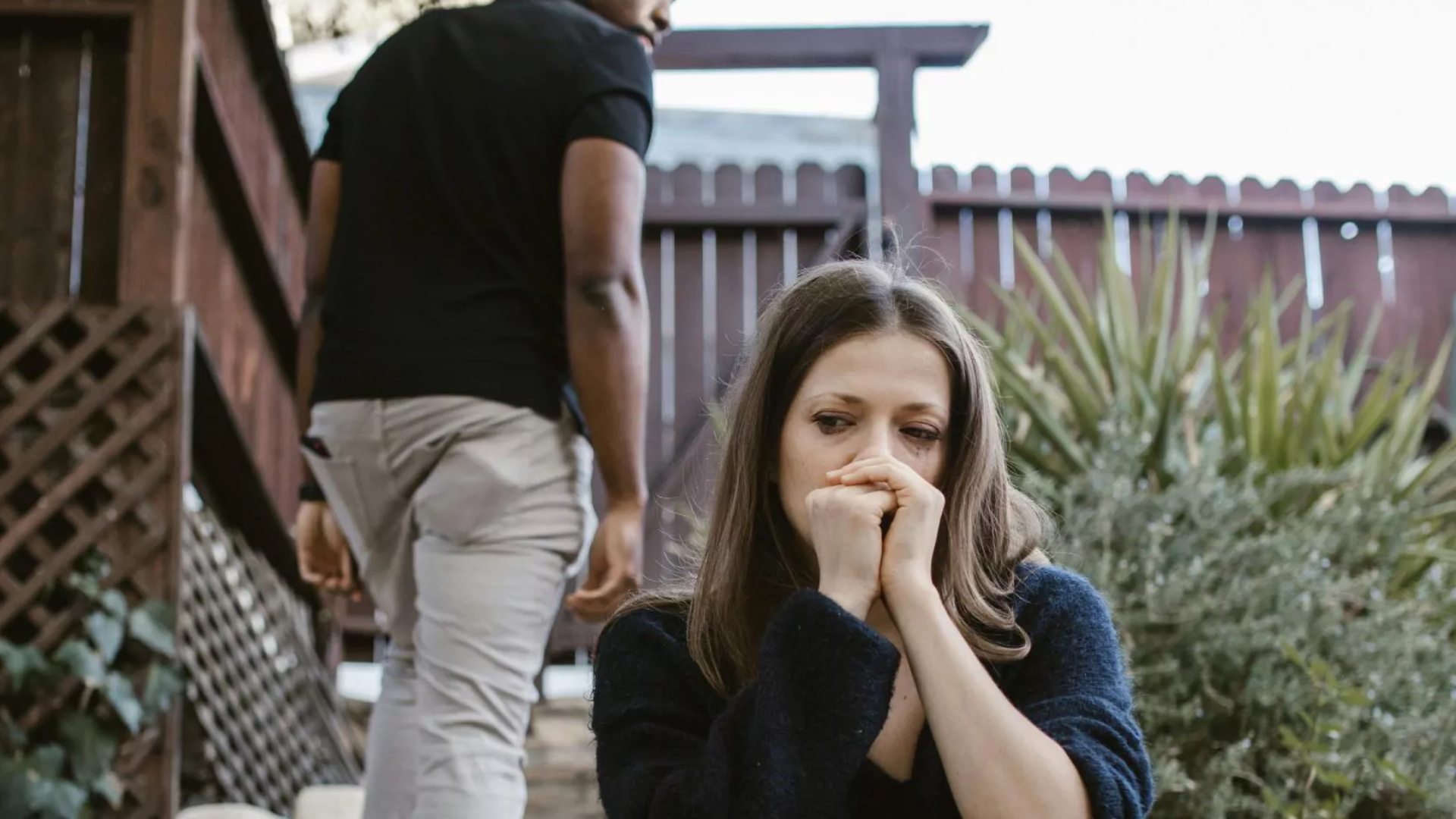Breaking Free: How Cutting Ties with Parents Is Empowering More Adults in NZ

Breaking up with one's parents is never a decision taken lightly. Long considered a social taboo, this voluntary separation is now being expressed with increasing freedom.
A breakup frequently ripened in suffering.
On social platforms, within therapy communities, or via shared personal stories, individuals are sharing their experiences. Many people find courage in voicing I severed connections with my folks. It’s not just a capricious decision or an act of vengeance; rather, it's a strategy for survival, a deliberate move to reconstruct one’s life. Typically, such a separation does not occur suddenly. Instead, it stems from ongoing strain, whether through verbal, psychological, or physical abuse, or persistent emotional neglect.
These injuries build up throughout childhood, into adolescence, and eventually into adulthood. The choice to end things usually happens only after several efforts at conversation, negotiation, or even family counseling have fallen through. "It took me years to understand that what I was going through wasn't normal. I felt guilty about turning my back on them, but I was suffocating in this relationship that was destroying me little by little," confides Camille In her thirties, she shares her account, much like numerous others do, revealing a truth that is far more common than we might think.
The burden of prohibition and remorse
Across numerous societies, filial affection holds deep reverence. Cutting off relations with one’s parents is often viewed as a grave offense, an ethical lapse. Communities typically demand from offspring both forgiveness and deference irrespective of circumstances. Such prescriptive societal norms render this choice exceptionally challenging to embrace.
They said I was unthankful and would be lonely. Yet, no partnership deserves ongoing disrespect. So, I decided to shield myself, says Nadia , aged 29, who severed all communication with her mother two years back. Many view this separation mainly as a protective measure: a means of establishing limits where previously they did not exist.
Reconstructing beyond the familial framework
After the connections are severed, the process of reconstruction starts. Therapy sessions, group support, literature, self-improvement activities—these are the different yet crucial instruments for healing after a familial separation. This involves dismantling ingrained allegiances, reassessing one’s sense of self beyond parental oversight, and most importantly, acquiring the skill to navigate life without perpetually craving their approval.
This procedure occasionally facilitates the reconstruction of other selected, more beneficial relationships. Often, people discuss forming a "heart family" — consisting of friends, partners, or mentors — who help bridge the emotional gap created by their birth families. Though this journey might take time, it frequently provides a distinctive kind of freedom.
A influence that impacts every age group
Despite common misconceptions, this choice doesn’t just affect younger individuals. Individuals in their 40s, 50s, and even those entering their 60s are making the tough decision to sever harmful connections with their parents. This trend transcends age groups and crosses into various generations, encompassing narratives of control, mistreatment, or merely a lack of emotional connection.
Platforms such as TikTok and Instagram have played a key role in freeing up these conversations. Tags including #NoContact and #EstrangedFromParents gather numerous stories, typically shared by women, detailing similar paths marked by suffering, understanding, and self-empowerment.
Deciding to separate in order to truly live
Severing connections with your parents might not heal old scars, but it can pave the way for a more harmonious life. This step often enables individuals to escape patterns of perpetuating pain and craft a fresh narrative for themselves.
Certain individuals reunite after prolonged separation when time has allowed old hurts to fade. Some others opt for quietness, free from animosity yet clear-headed about their connections. In essence, what counts is having the freedom to select the familial relationships you wish—or do not wish— to be part of.
To say I severed all connections with my folks. is to affirm a personal decision, often painful, but profoundly liberating. It is to refuse to suffer "in the name of family." In a society that increasingly values mental health and self-respect, this choice finally finds legitimacy, and above all, a listening ear.
Post a Comment for "Breaking Free: How Cutting Ties with Parents Is Empowering More Adults in NZ"